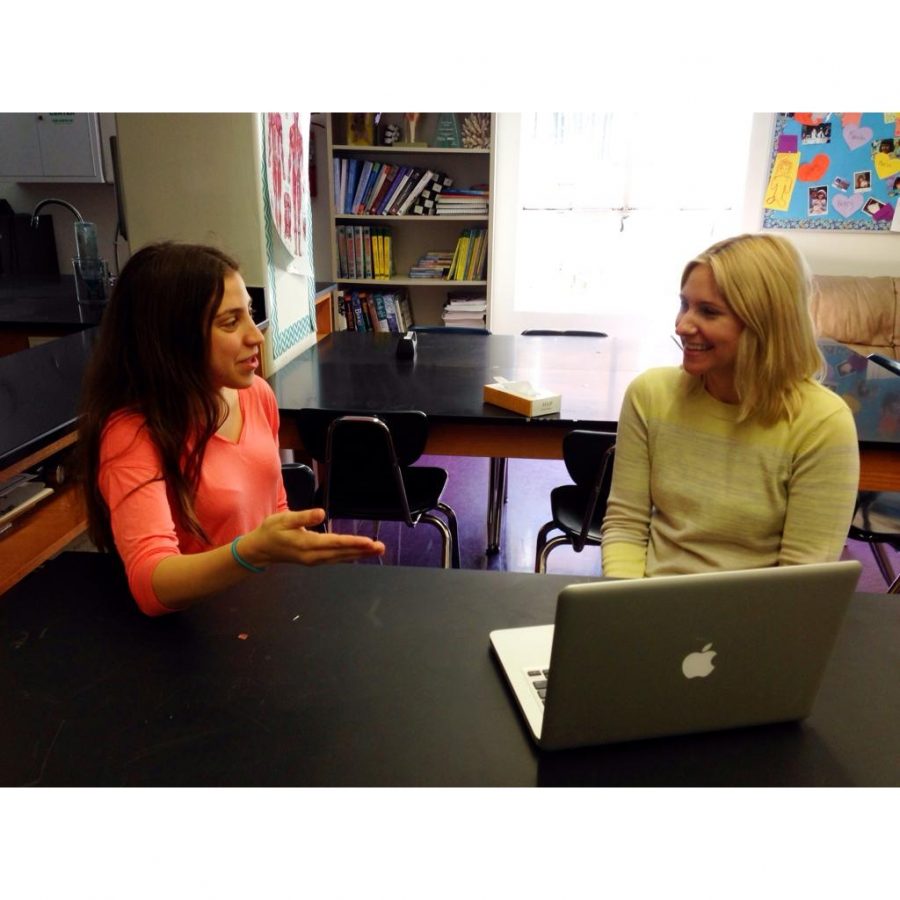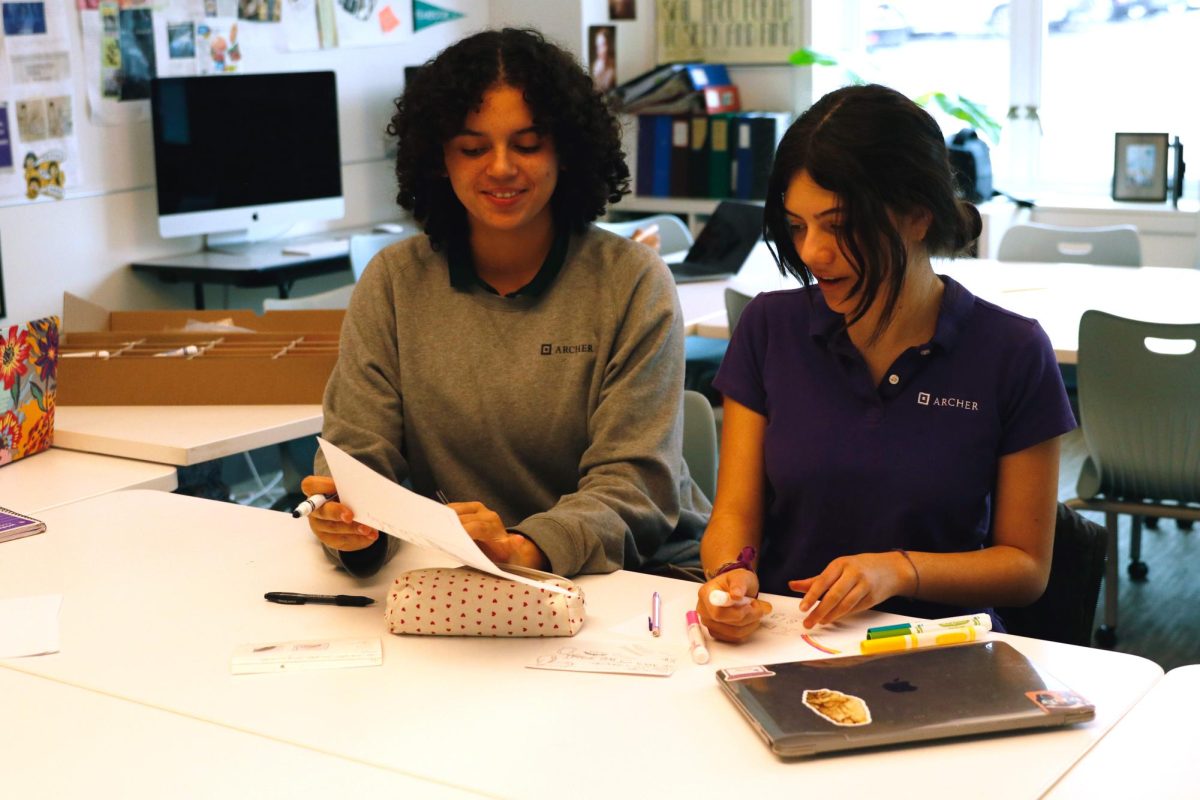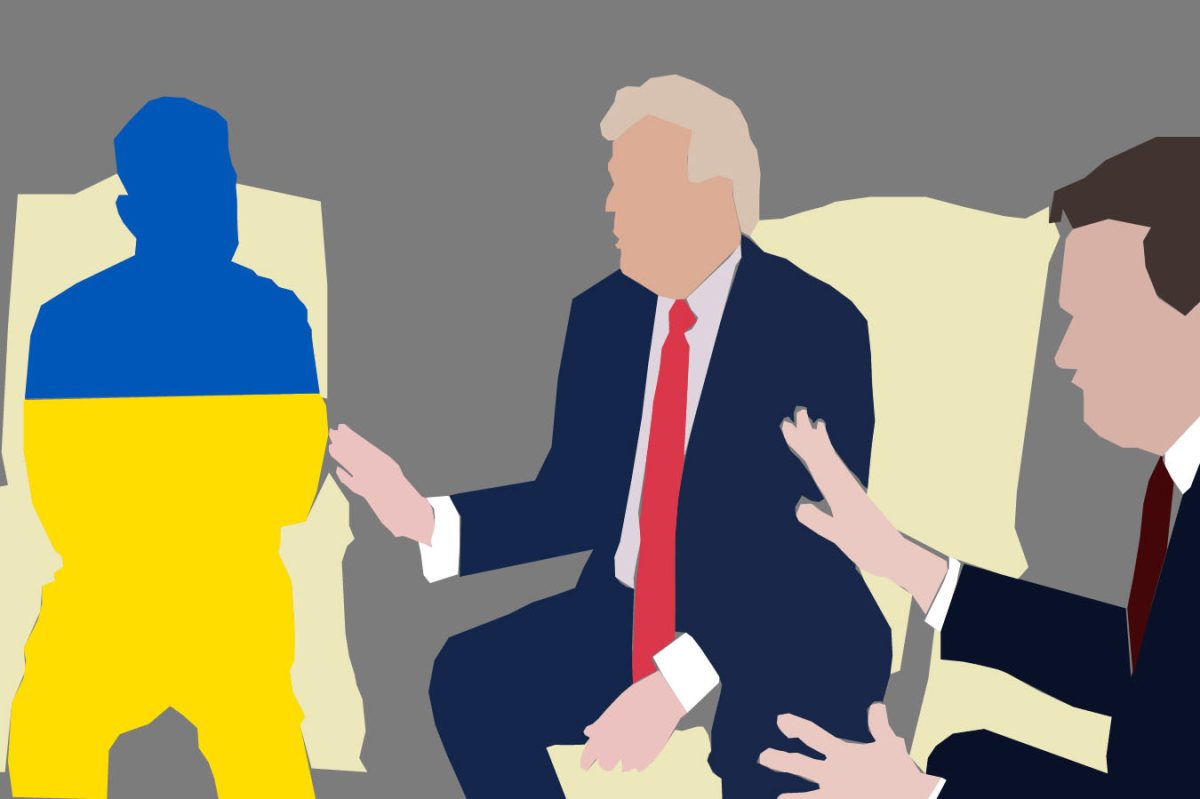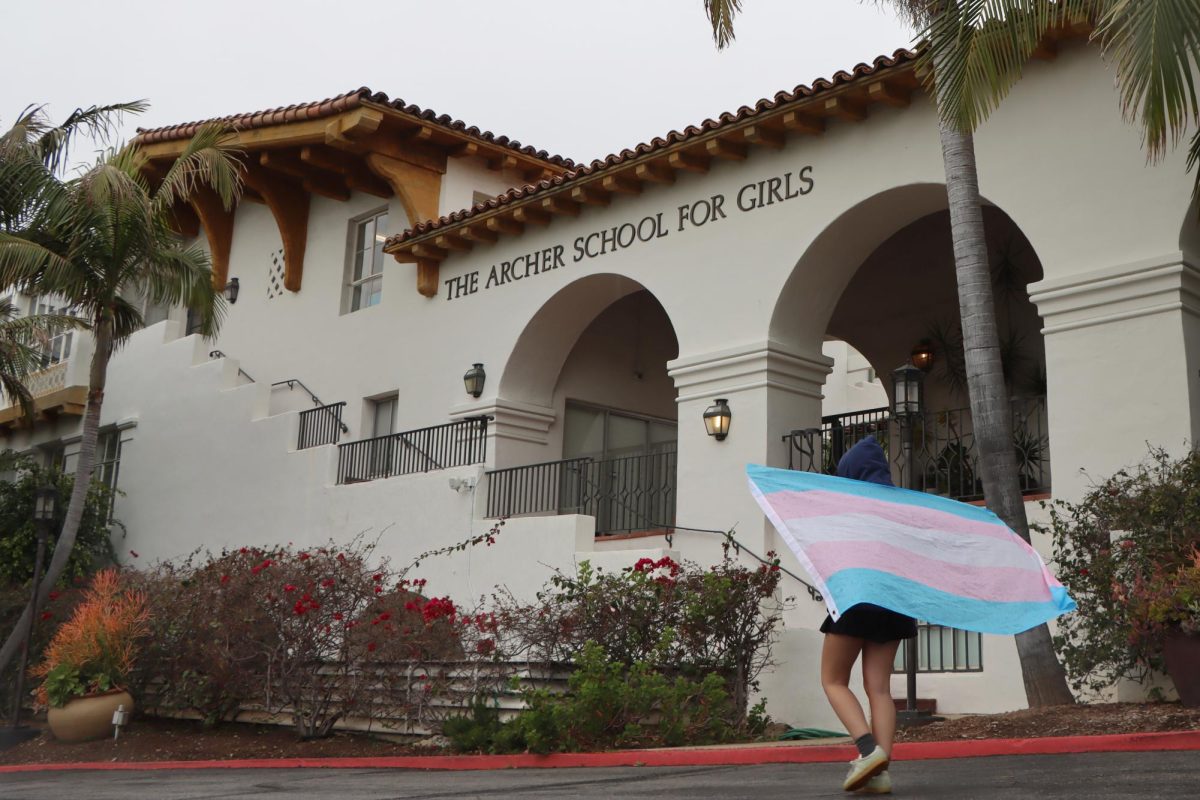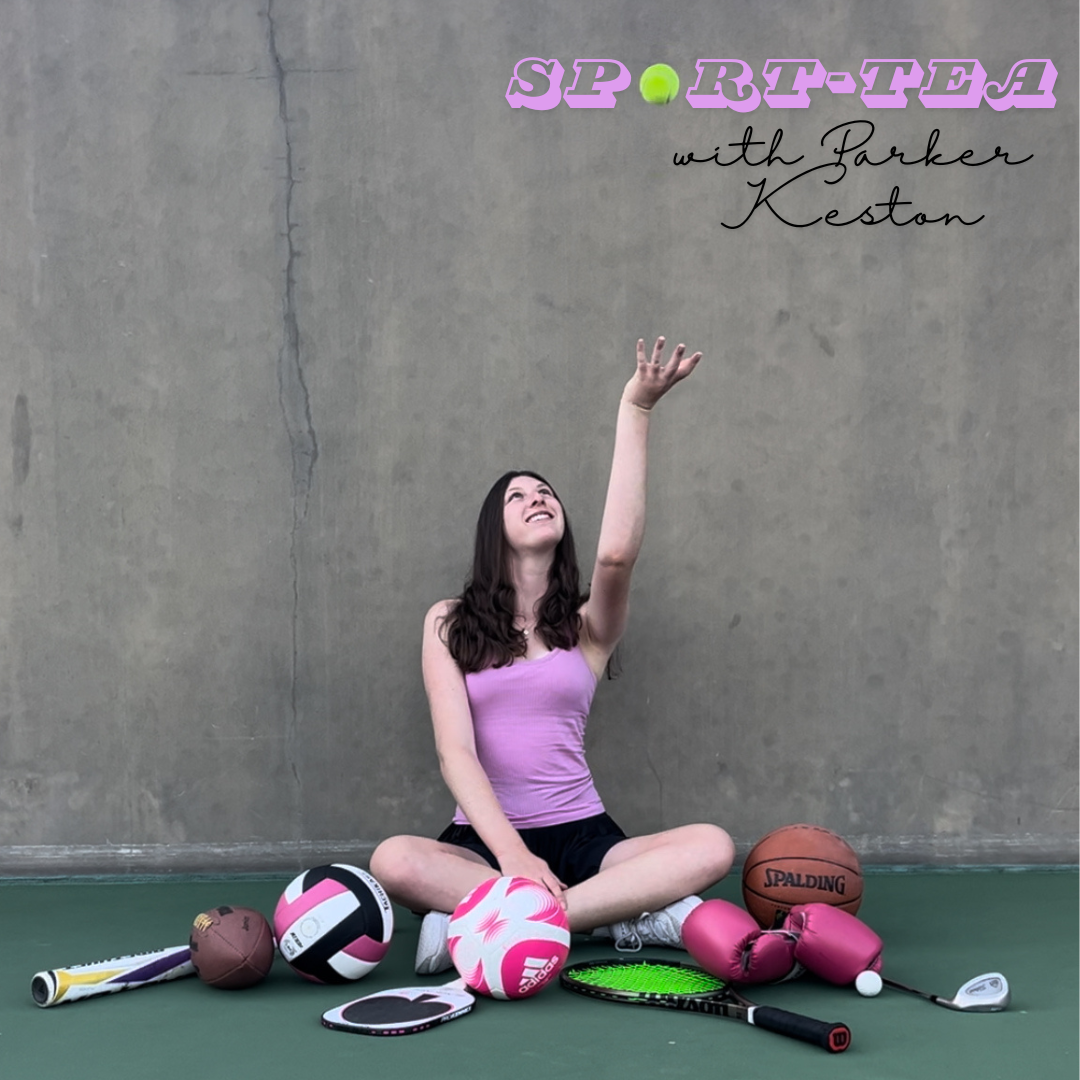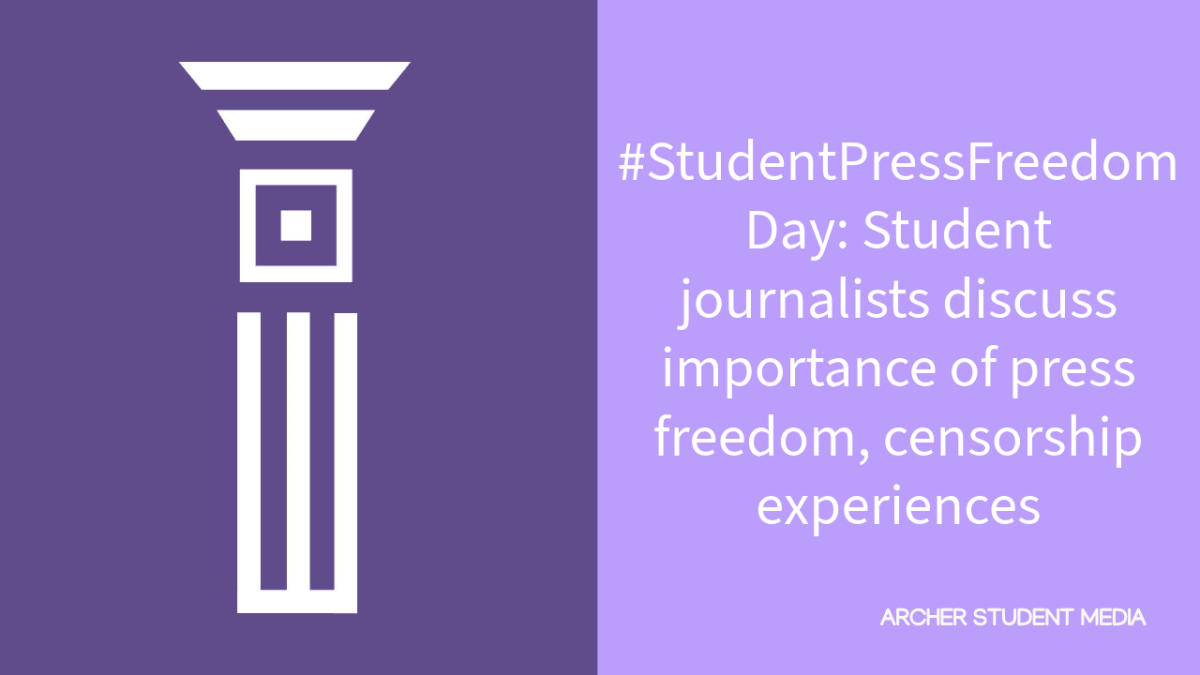Wednesday Feb. 12, was not a typical day at The Archer School for Girls.
Rather than attending their normal classes, students came to school to have a discussion with their parents and advisors about their learning styles and how they were doing in their classes.
What were these discussions and why did they occur? These are Student-Led Conferences—a tradition that has been around for many years. Despite the longevity of their existence here at Archer, Student-Led Conferences have changed with time.
Before students had full access to their grades online, these conferences were heavily focused on grades. Throughout the years, however, they have shifted from being very grade-centered to being more about the learning process and focusing on an essential question.
Gretchen Warner, Dean of Students, says that reflecting “is one of the most crucial elements of learning… Learning from mistakes and learning from successes.”
She believes that it is extremely helpful to provide students a space and a time to “authentically reflect on their work, not just on what they’ve done but also what they plan on doing.” She says that an effective way of doing that is with goal setting—a major topic of discussion within these conferences.
A 6th grader’s Student Led Conference may look very different form an 8th grader’s—in fact, they greatly differ from grade to grade. Warner says, “Every grade has a slightly different spin on the Student-Led Conference.”
According to 6th grade dean Theresa Dahlin, “Sixth graders take their first SLC at Archer very seriously. They present their strengths and challenges as if they are the CEO of their own education.” She is a proponent of the conferences, which she feels “are prime examples of how Archer gives girls control over their own learning experience.”
This compares to the 8th grade dean Susan Smith, who says, “In eigth grade we encourage students to truly reflect on their own learning, without focusing on grades.”
Many students have positive attitude towards the conferences, but Warner points out that she senses that “in upper school there tends to be a bit more reluctance” when it comes to Student Led Conferences. She thinks that this negative attitude may come from the fact that “it’s hard work to meaningfully reflect on what you’ve done and what you want to do. I think that some of the ‘groaning’ about it stems from the fact that it’s hard work to do reflection well.”
She adds, “You aren’t getting graded on it—and I know that you don’t just do things for grades—but you do extra work, and aren’t getting the ‘reward.’” She thinks that sometimes if students have the choice to work hard on a project that will be graded versus one like a Student-Led Conference that doesn’t affect their GPA, students will take that choice.
Warner continues, “By and large, very few go badly… Inevitably, any time that you have parents or guardians, a student, and an advisor sitting down and just having a conversation for 20 minutes about the student and about their progress and what their goals are, inevitably that’s going to be a good use of time.”
“We’re constantly evaluating. We want it to be a meaningful experience for students, and something that is worthwhile for both the student and the parent. We try and make changes so that it serves both you and your parents—and the advisor,” she adds.
The Oracle conducted a survey to receive preliminary information on the students’ opinions on Student Led Conferences. It surveyed a diverse and wide array of opinions regarding the conferences. The survey was phrased in a very black and white manner, forcing students to boil down their opinions on Student-Led Conferences to a “yes or no” response.
The majority of those who responded to the survey were not in favor of Student-Led Conferences, which raises important questions: if students do not like them, why didn’t more people volunteer to share these negative opinions on the video interview? Was the video less authentic because it was not anonymous? Do students feel able to share dissenting opinions?
The Oracle put out a call for students and teachers to share their ideas on the video below. We did not seek out a particular type of opinion, yet the comments in the video do not coincide fully with the survey data.
What do you think? Do you agree with the interviewees? Do you disagree? What would make SLCs work for you? If you have any thoughts on this subject, please leave them below in the comments.
[vimeo id=”88204234?color=ff0179″ width=”600″ height=”350″]



